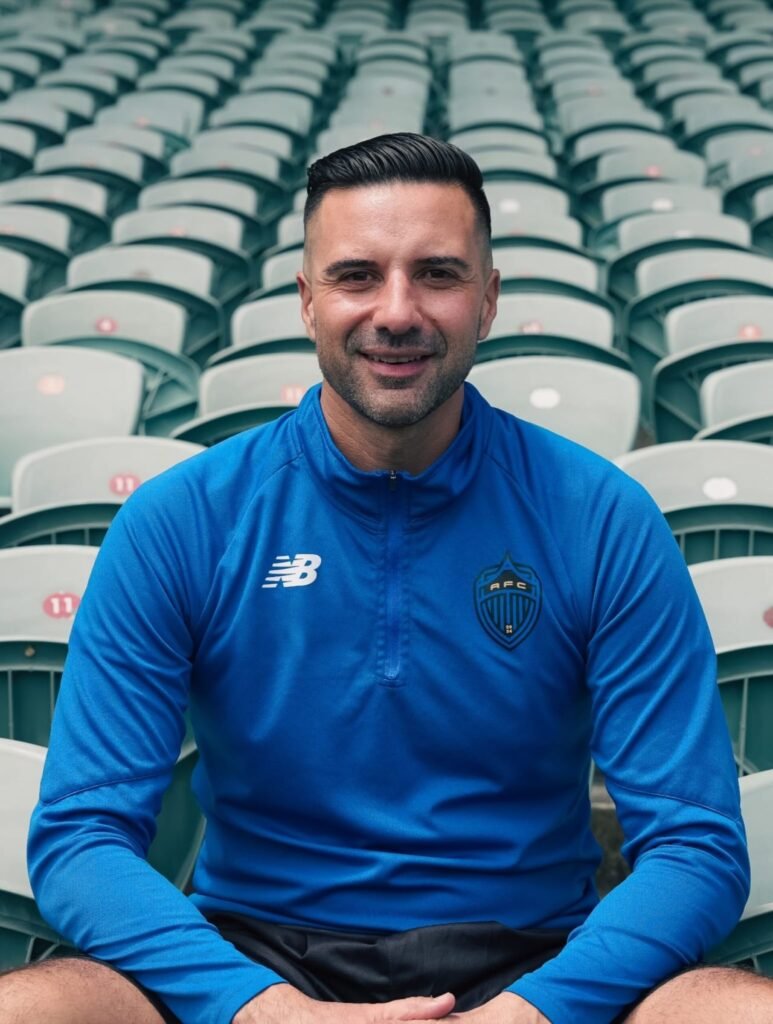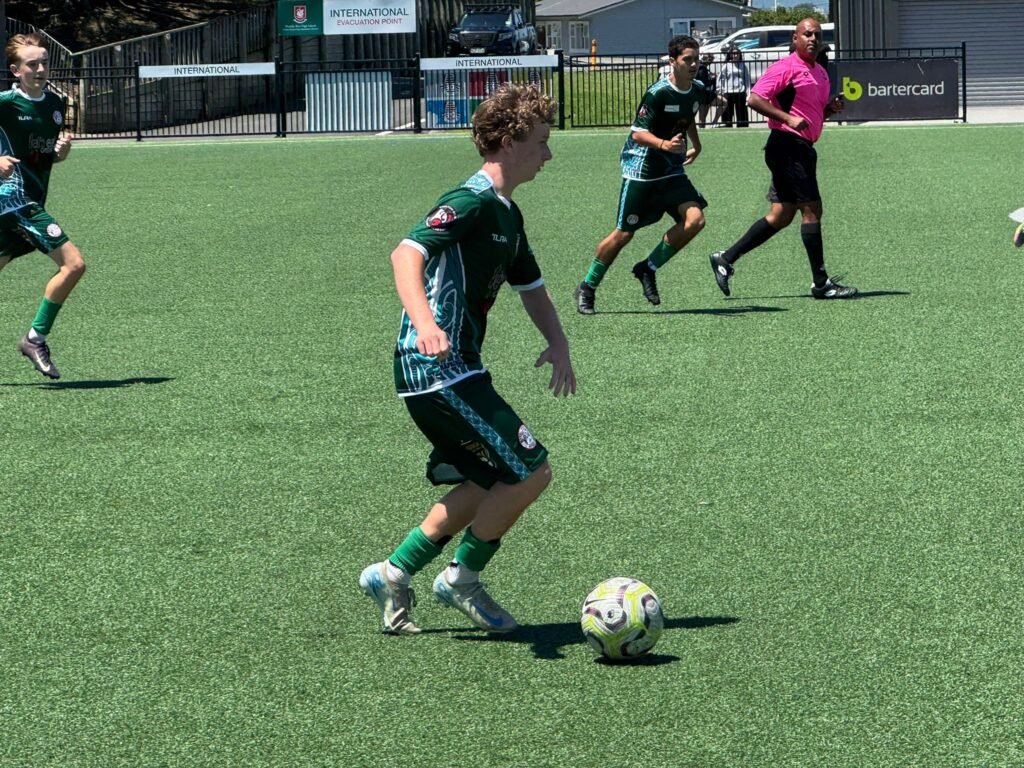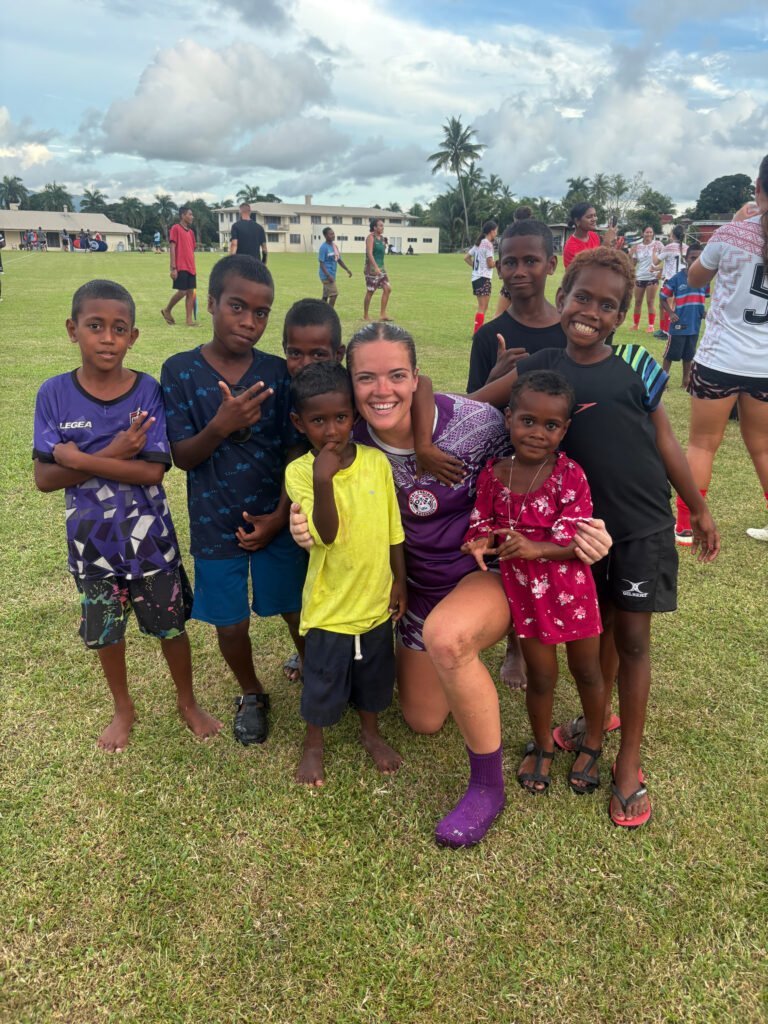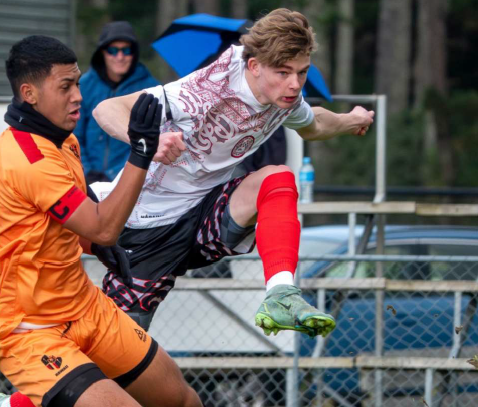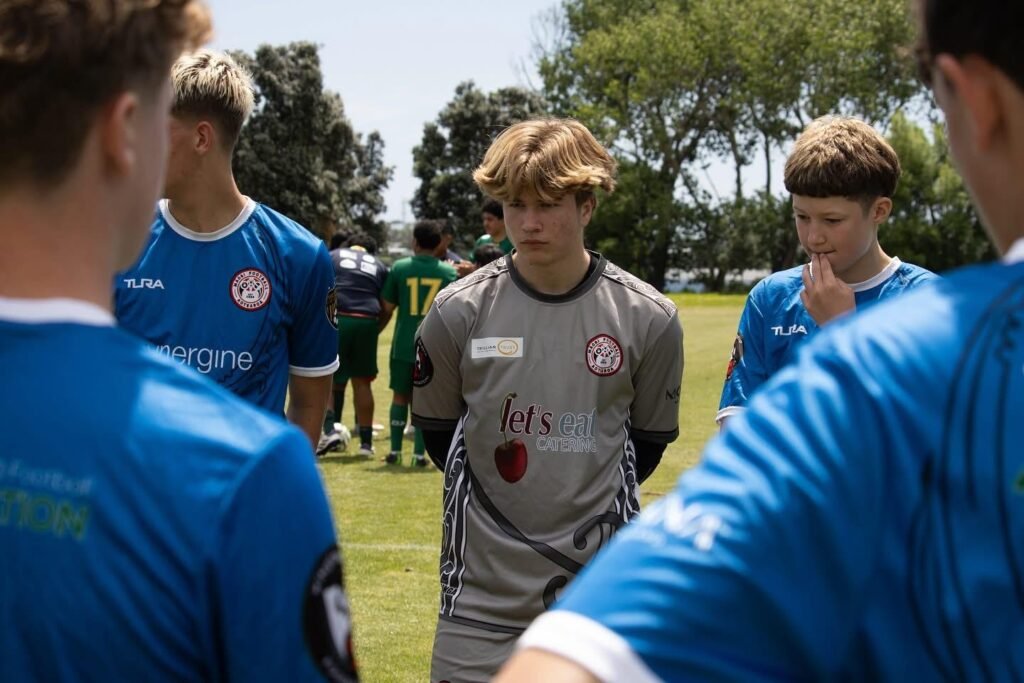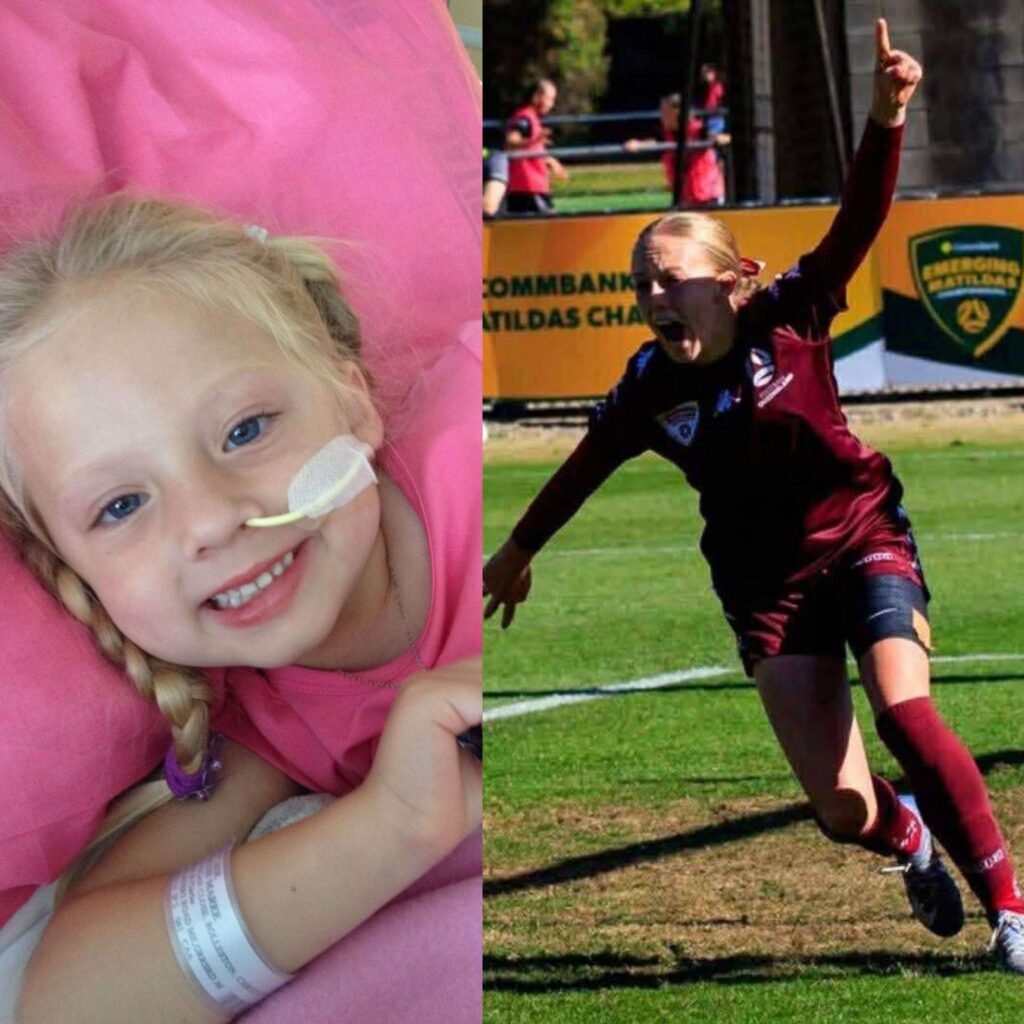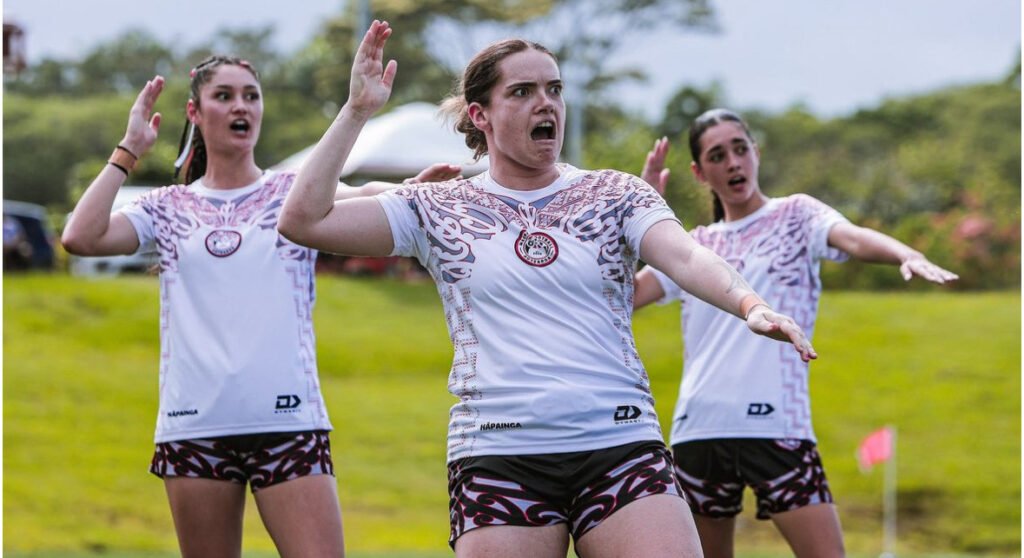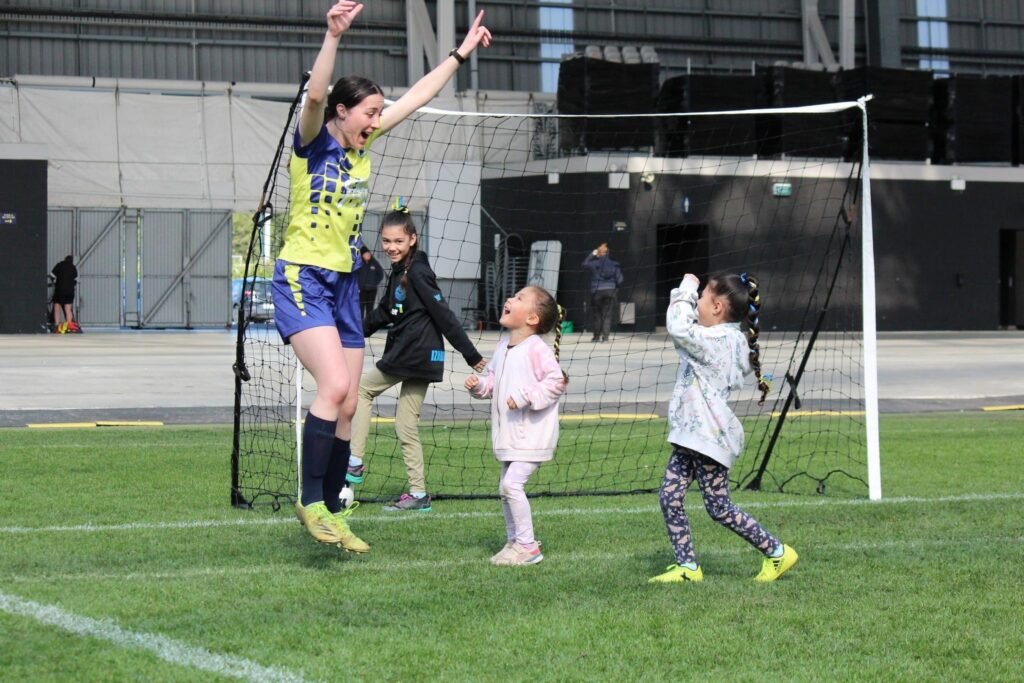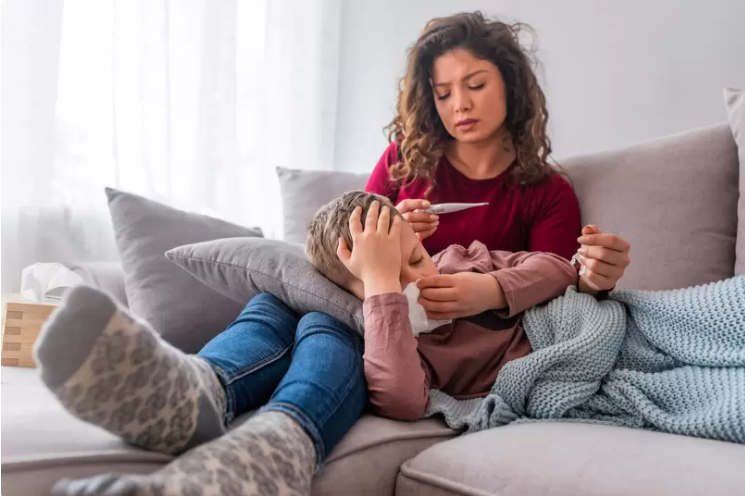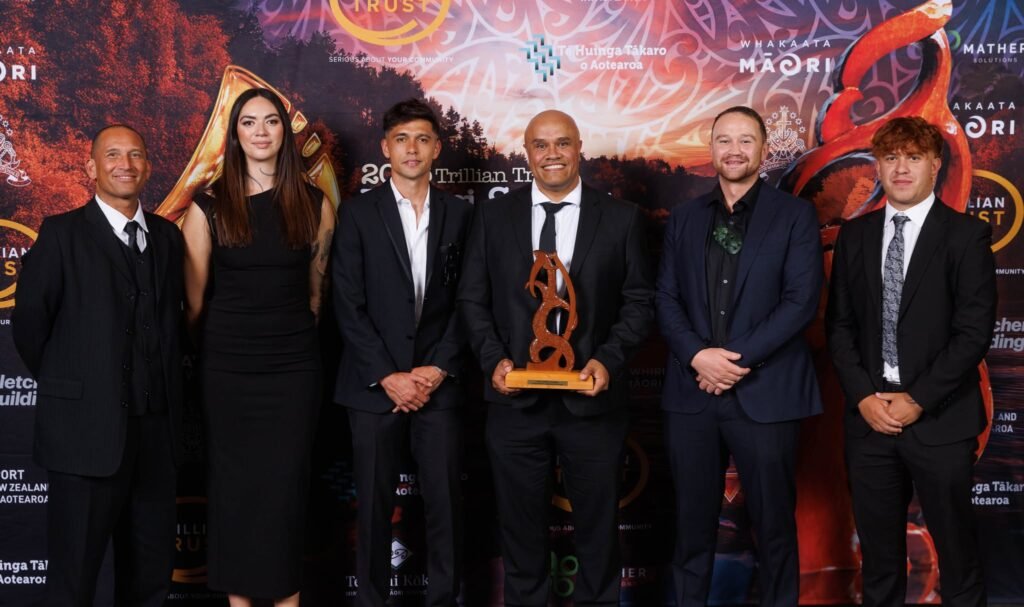NASHVILLE, Tennessee – Standing on the same pitch as World Cup winners Ángel Di María and Nicolás Otamendi, a young Māori footballer from Aotearoa called Jackson Manuel took a deep breath and soaked in a moment that still feels surreal.
“They’re the players you grow up watching — the ones on posters, in highlight reels,” he says. “Then suddenly, you’re there beside them. Not watching. Competing.”
It was a defining afternoon at the FIFA Club World Cup 2025, where he represented Auckland City FC against Portuguese giants Benfica — and a moment that, for him, was never just about football. It was about whānau, whakapapa, and carrying a legacy far greater than his own.
“I come from a Māori–Spanish background. My iwi is Ngāti Porou, on my dad’s side. Only in recent years have I really understood what that means. Learning about my name, my tribe — it’s made this journey even more meaningful.”
He never played rugby, despite coming from a rugby family. From the age of four, it was always football — and always a ball at his feet.
“My brothers started in rugby, but I never crossed over. Football was my thing from day one.”
The passion was his, but the foundation came from his whānau.
His father, Kieran Manuel, is a long-serving construction director at LT McGuinness. His mother, the family’s quiet backbone, ran the daily logistics: school drop-offs, training pickups, sideline support.
“They’ve given everything. What I do now is because of what they did then.”
With a family full of athletes — siblings in football and netball — the journey to the Club World Cup wasn’t just personal. It was collective.
“Philadelphia was incredible. But Benfica? That was amazing.”
Before the showdown with the World Cup winners, he’d taken the field against Philadelphia Union II — his first taste of American opposition.
“I’d never played a US team before. It was a huge moment. New environment. Big stadium. The intensity was real.”
But it was the Benfica match — and the opportunity to share the pitch with two global legends — that will stay etched forever.
“To go up against players like Di María and Otamendi — was incredible.”
Watching from the stands on that sweltering afternoon in Orlando was his whānau — the same people who drove him to trainings, kept him grounded, and believed in his potential.
“Having my family there for that moment meant everything. It was a way to honour all the sacrifices they made. To give something back.”
He also feels a deep connection to fellow Māori footballer Alex Rufer, with whom he shares Ngāti Porou whakapapa.
“There aren’t many of us up here. So when you see someone from your own iwi making it, it lights a fire. You want to honour that. And inspire others to follow.”
And for those watching back home — young Māori boys and girls dreaming of their own moment?
“To have my family at the stadium and watch me come on against Benfica and be a part of the FIFA Club World Cup was an amazing feeling.
“It was a way to give back all the support and all the hard work that they’ve given to myself and my way of giving a pathway to young Māori that are back at home.
“You’re trying to be an inspiration for young Māori. You know, to kick on or create avenues for them. Not only just football, but in other sports, other endeavours.
“It’s awesome to be part of something special, especially being Māori as well, it’s cool.”
He toi whenua. He toa tangata. He kanohi mō ngā uri whakatipu.
Jackson Manuel – a Māori footballer on the world stage — not just playing the game, but carrying the kaupapa.
Ends
Photo Credit – Phototek via Auckland City FC Media
Video – Jackson Manuel at the FIFA Club World Cup
